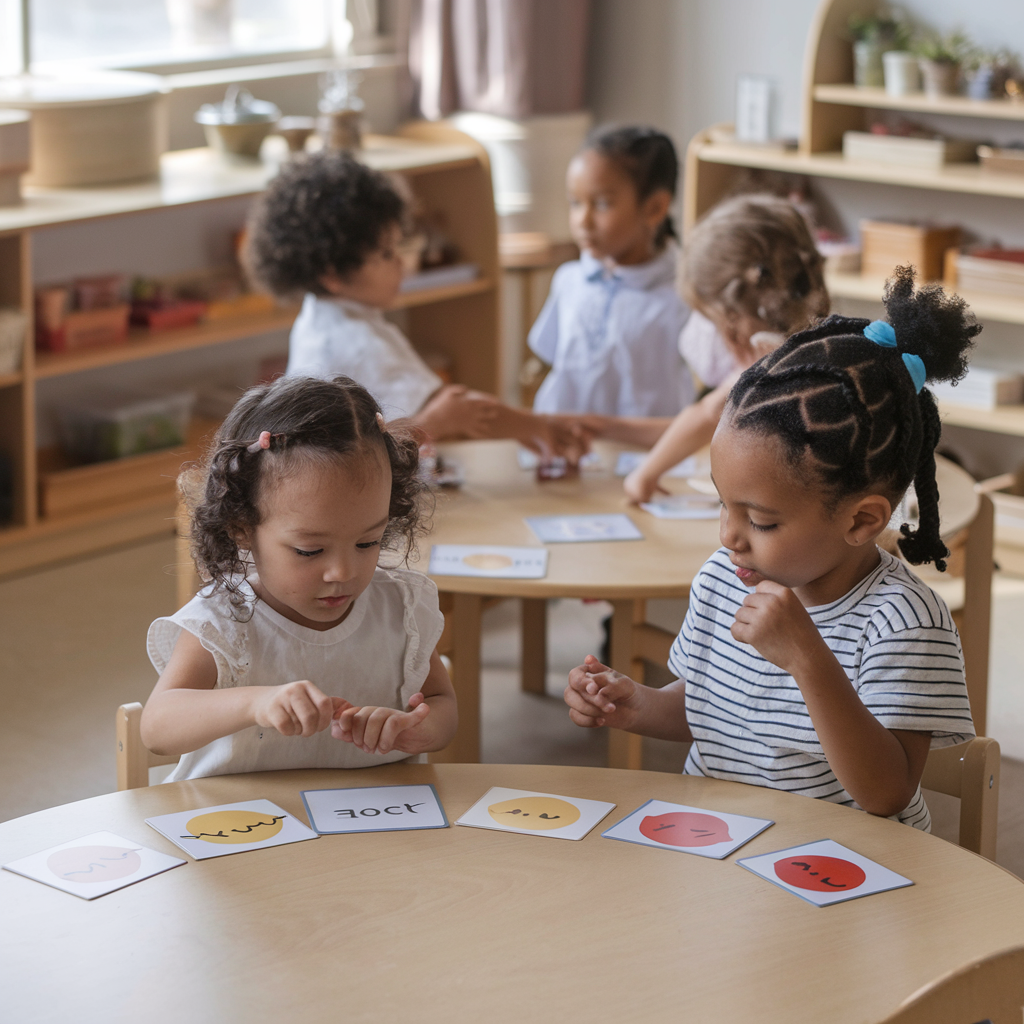
Nurturing Emotional Intelligence: Why Social Skills Matter as Much as Academics
Zainub Kara
In today’s fast-paced world, we often focus heavily on academic achievement while overlooking a crucial component of child development: emotional intelligence and social skills. The Montessori approach recognizes that true education goes far beyond textbooks and tests.
The Foundation of Emotional Intelligence
Emotional intelligence begins with self-awareness. Children need to understand their own emotions before they can comprehend others’ feelings. In Montessori classrooms, children learn to:
– Identify and express their feelings appropriately
– Develop self-regulation techniques
– Build resilience through natural consequences
– Practice mindfulness through focused activities
## Social Skills in Action
The mixed-age classroom environment provides natural opportunities for developing social competencies:
– Younger children learn from observing older peers
– Older children develop leadership and mentoring skills
– Collaborative work teaches negotiation and cooperation
– Respect for others is practiced daily
## Beyond the Classroom
These emotional and social skills translate into real-world benefits:
– Stronger family relationships
– Better conflict resolution abilities
– Enhanced communication skills
– Greater empathy and understanding
– Improved leadership potential
## The Academic Connection
Research shows that children with strong emotional intelligence often perform better academically because they:
– Handle stress more effectively
– Work well in group settings
– Feel confident asking for help
– Maintain focus during challenging tasks
## Practical Implementation
Parents can support emotional development at home by:
– Creating safe spaces for emotional expression
– Modeling healthy emotional responses
– Encouraging problem-solving
– Celebrating emotional growth alongside academic achievements
Remember: A child who can manage emotions and navigate social situations effectively is better prepared for life’s challenges than one who excels only in academics.
